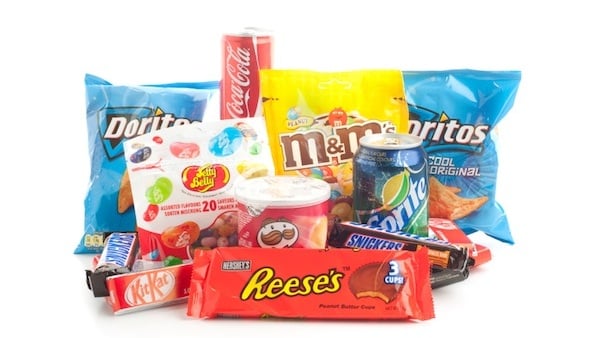Since we’re already on the subject of the perils of junk food, we just had to share details of a related study that came across our desks this afternoon. Researchers at the University of North Carolina at Chapel Hill, who have been experimenting with rodent diets, found that rats who eat tasty snack-based diets—ones that more closely mirror the snack-heavy eating habits of Americans—end up having worse obesity-related complications than rats who eat blander lard-based diets that are similarly high in fat.
The implications might not seem mind-boggling at first glance, but dive deeper: Researchers have long used rodents to try and pinpoint clues for obesity, but the diets the rats have traditionally been fed don’t really reflect how many of us eat.
Usually lab rats are fed lard-based diets to fatten them up, but because that food isn’t particularly delicious, the rats stop consuming it at rapid rates after about two weeks. Eventually, they drop down to what would be considered “healthy” caloric levels.
In this study, the rats kept consuming the “highly palatable, energy-dense foods” (in other words, junk food) at dangerously high rates because it tasted good. These rats experienced rapid weight gain, multi-organ disfunction, and glucose and insulin intolerances at levels that don’t usually show up in lab rats—but which do appear in humans.
The somewhat morbid hope is that by pumping rats full of the same junk food we eat, scientists will have better subjects to work with in their effort to find more effective treatments for battling the obesity epidemic. And given that over 30 percent of American adults are obese, it’s probably worth it.
Subscribe to Washingtonian
Follow Well+Being on Twitter
More >> Health | Top Doctors | Well+Being Blog



















